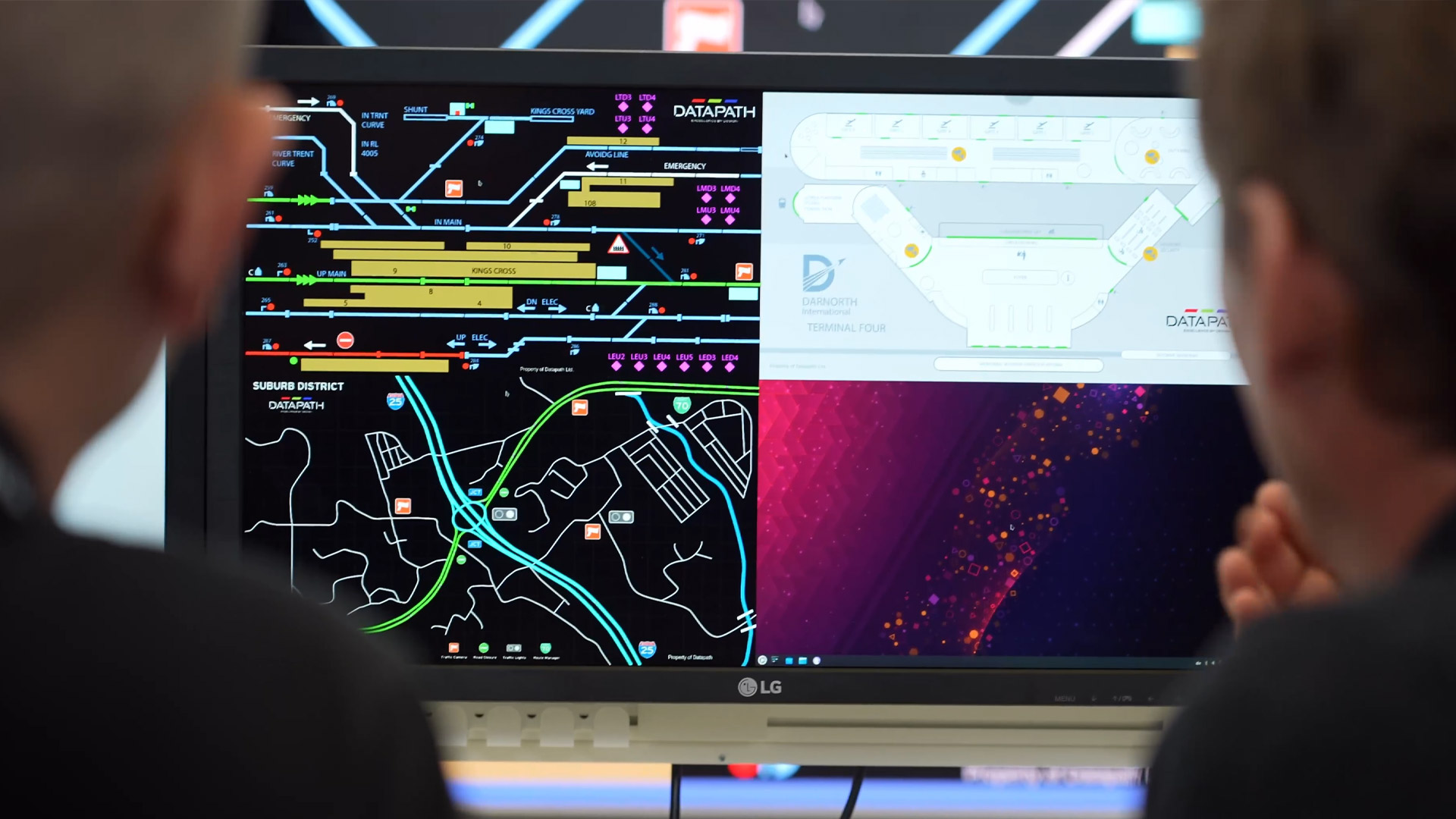INTERSCHUTZ – World's leading trade fair for fire and disaster control, rescue, and security
Where technology meets responsibility: INTERSCHUTZ as the central platform for emergency services, authorities, and industry
INTERSCHUTZ in Hanover is internationally recognized as the most important trade fair for rescue services, fire and disaster control, and civil security. It brings together technological innovations, practical experience, and strategic exchange under one roof. Organized by Deutsche Messe AG in cooperation with partners such as the German Fire Services Association (DFV), INTERSCHUTZ attracts tens of thousands of trade visitors from all over the world to the Hanover Exhibition Center every five years.

Interschutz World's leading trade fair for fire and disaster protection, rescue, and security
In a time of increasing environmental hazards, global crises, and growing security challenges, the trade fair is becoming even more important. It not only offers an overview of the latest operational technology and equipment, but also discusses structural issues: How do we organize resilience in a networked society? How can emergency services be better protected and trained? And what role do digitalization and AI play in emergency scenarios?
Operational technology, innovations, and realism
INTERSCHUTZ is known for its practical focus. The spotlight is on emergency vehicles, firefighting technology, emergency equipment, IT systems, control center technology, medical rescue solutions, and personal protective equipment. Many manufacturers showcase their products not only at their booths, but also in action: Live demonstrations take place regularly on the outdoor grounds, covering topics such as high-altitude rescue, tunnel fires, and the coordination of large-scale evacuations. In addition, there is a dense network of forums, technical presentations, discussion panels, and workshops. Technological solutions are always considered in the context of real-life situations. It is precisely this combination of innovation and reality that makes the trade fair so valuable for many emergency services personnel, planners, and government officials. For an overview of other security-related or technology-oriented trade fairs in Lower Saxony, it is worth taking a look at Hanover Trade Fair, which brings together numerous other events related to industry, energy, digitalization, and research.
An international network for safety and assistance
INTERSCHUTZ sees itself as a global platform. Exhibitors and trade visitors from over 50 countries come together here – from North American firefighting associations to Asian manufacturers of early warning systems and European specialists in disaster management. This international orientation creates space for dialogue on national standards, interdisciplinary solutions, and cross-border cooperation. Professional exchange is essential, especially in an area such as disaster control, which requires increasing international coordination. INTERSCHUTZ promotes this exchange not only through its exhibition and program, but also through targeted formats such as matchmaking, delegation trips, and country-specific theme days.
Digitalization and AI as key topics for the future
A particularly dynamic area of INTERSCHUTZ concerns digitalization in operations. Intelligent situation reports, networked communication between emergency sites, drone surveillance, smart protective equipment, and AI-supported resource planning—all of this will be presented and discussed at the trade show. The organizers place great emphasis on interdisciplinarity: start-ups, research institutions, software companies, and emergency services organizations work hand in hand here. The trade fair thus serves not only as a showcase, but also as a real driver of innovation for new solutions in civil protection.
Focus on training, young talent, and volunteering
A central concern of INTERSCHUTZ is the promotion of young talent. Special programs, guided tours, competitions, and career days are aimed specifically at young people in training, studying, or volunteering. After all, the rescue and safety sector thrives not only on technology, but above all on people who are willing to take on responsibility. Volunteering is also given comprehensive recognition. Firefighting associations, youth organizations, and aid organizations present their work, exchange ideas, and create new points of contact. The trade fair not only provides space for this, but also visibility—an important contribution to the social recognition of these achievements.
Security, resilience, and social responsibility
INTERSCHUTZ addresses not only technical but also socio-political issues. How can disaster control be made more inclusive? How can we secure critical infrastructure against cyberattacks? What role does demographic change play in operational planning? Questions like these run through many program items and show that the trade fair is not just a product exchange but also a place for strategic thinking and responsible decision-making.
Further information can be found on the organizer's website: www.interschutz.de